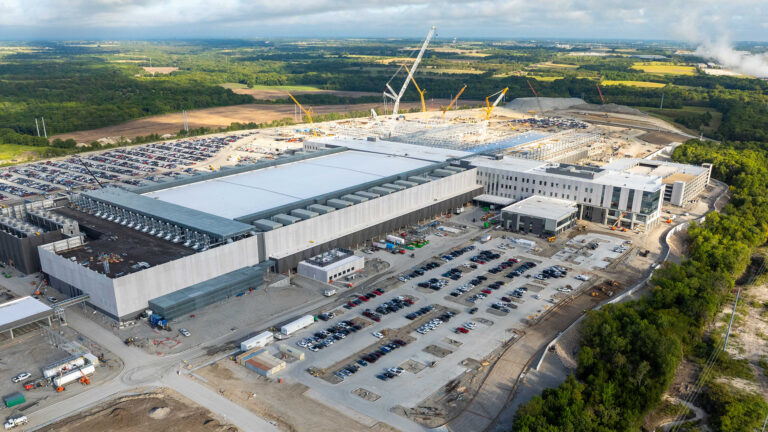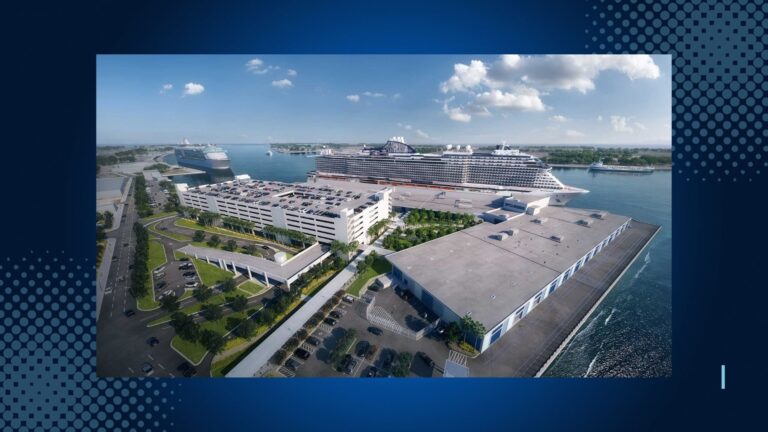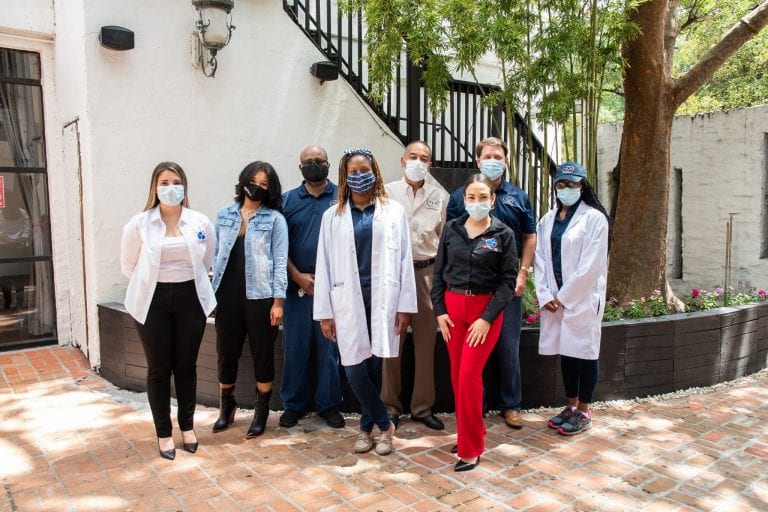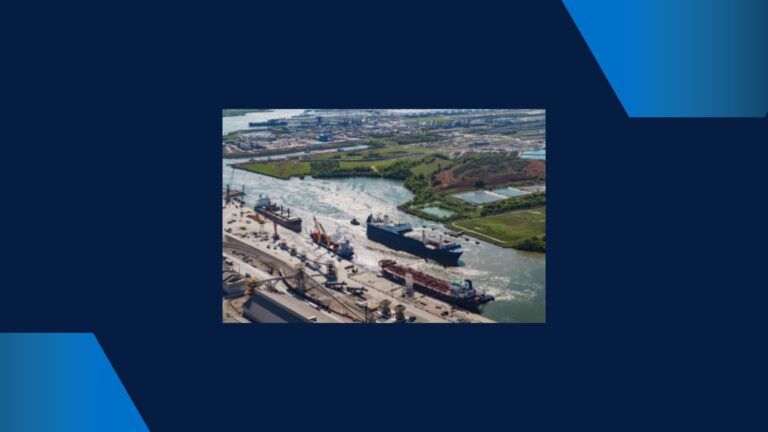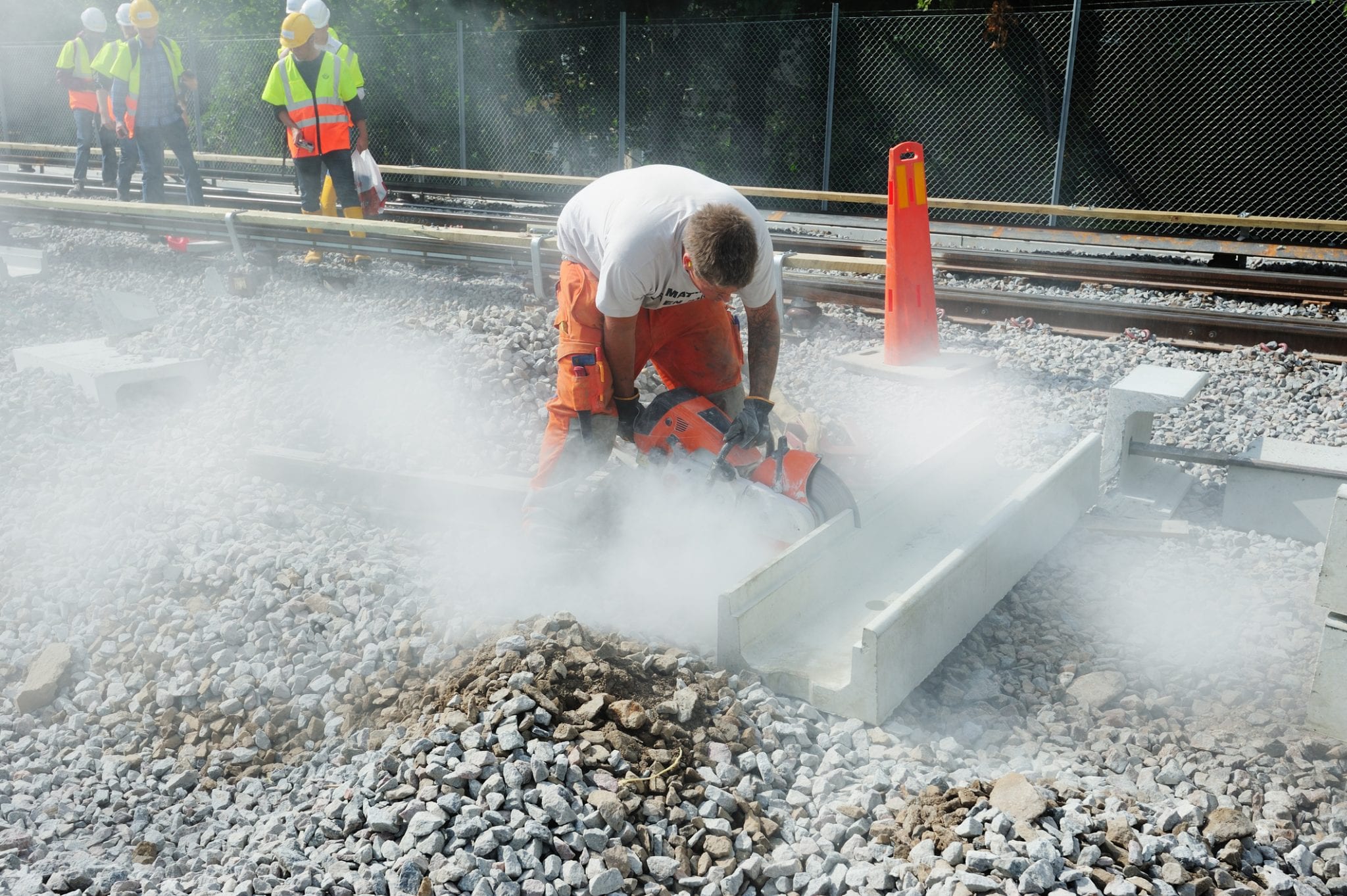
The Federal Energy Regulatory Commission (FERC) has approvedconstruction of a fourth liquefaction train at Freeport LNG’s $14 billionLNG export terminal in Freeport, Texas. Freeport LNG filed its FERC application in June 2017.
The liquefaction unit, which is expected to become operational in 2023, will be similar to three others in various stages of completion at the Freeport site, and construction will include associated pipelines, storage vessels and ancillary facilities. Train 1 should start operations later this year, with Train 2 and Train 3 expected to come online in the middle of 2020. Freeport LNG estimated that Train 4 should generate thousands of construction jobs during the four- to five-year construction phase.
In its announcement, FERC said this is the fourth LNG project it has approved this year. The others are Venture Global LNG’s $5 billion terminal in Calcasieu Pass, Louisiana; the $27 billion Tellurian Driftwood LNG project on the Calcasieu River near Lake Charles, Louisiana; and San Diego-based Sempra Energy’s $9 billion LNG plant in Port Arthur, Texas.
Earlier this month, KBR announced that it had been selected as the preferred bidder for the Freeport LNG’s Train 4 fixed-price engineering, procurement, construction and commissioning (EPC) contract. KBR said it has managed and developed more than 30% of the world’s LNG capacity through the liquefaction and terminal projects it has completed during the last 40 years.
Developers for the other LNG projects FERC has approved this year also have selected contractors to manage and build their facilities.
In December, Venture Global selected Kiewit as the EPC contractor for the terminal in Calcasieu Pass, and Bechtel announced last year that it would be performing more than $15 billion of work under EPC contracts at the Driftwood project. Bechtel is also an investor in Driftwood developer Tellurian. In addition, Bechtel is providing EPC and commissioning servicesfor the Sempra project in Port Arthur.
Last year, at a gathering of major LNG industry players in Barcelona, LNG contractors, including Bechtel, warned developers that they should be more realistic when it comes to the construction and development of their projects, particularly in the area of cost. Alasdair Cathcart, president of Bechtel’s oil, gas and chemicals business, said collaboration and innovation are the keys to realizing the best outcomes, not the “low-bid path.”
Former Fluor CEO David Seaton added that some developers make decisions according to unrealistic spreadsheet figures rather than on the realities of building LNG projects in the U.S. today, where, for instance, contractors are trying to reconcile increased demand with a shortage of skilled workers.
Source: Construction Dive


